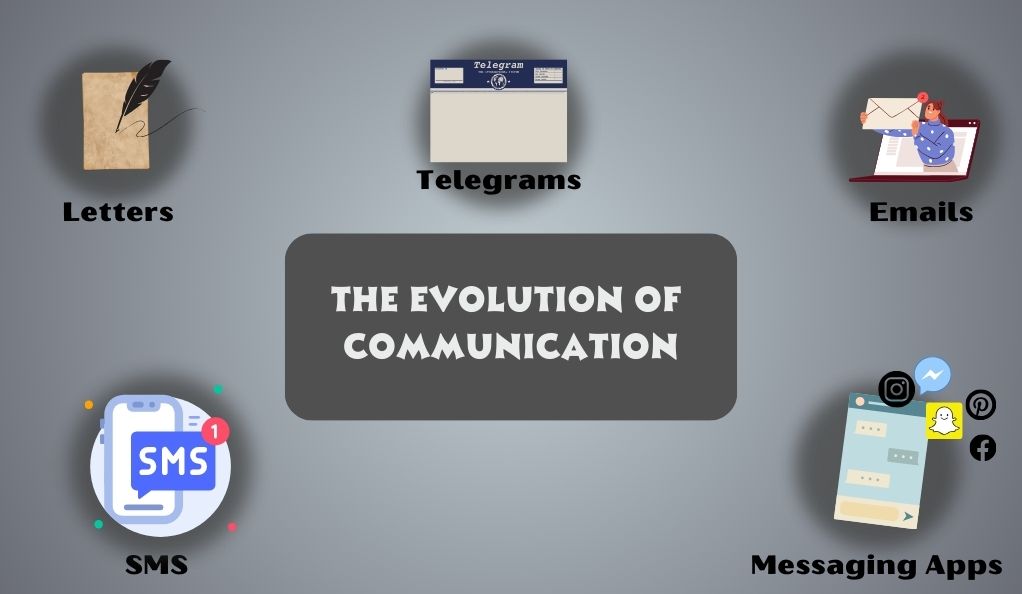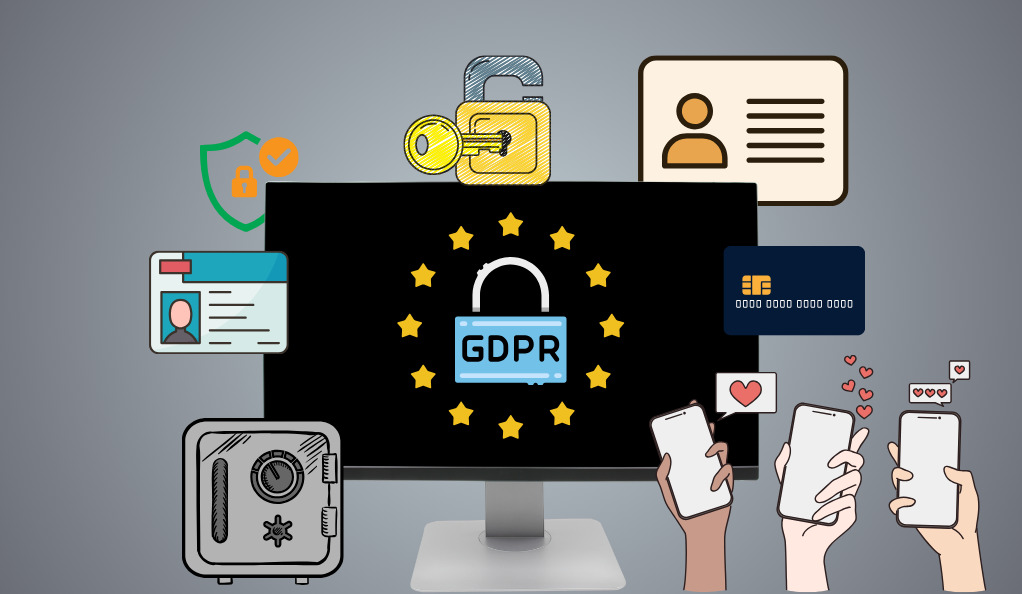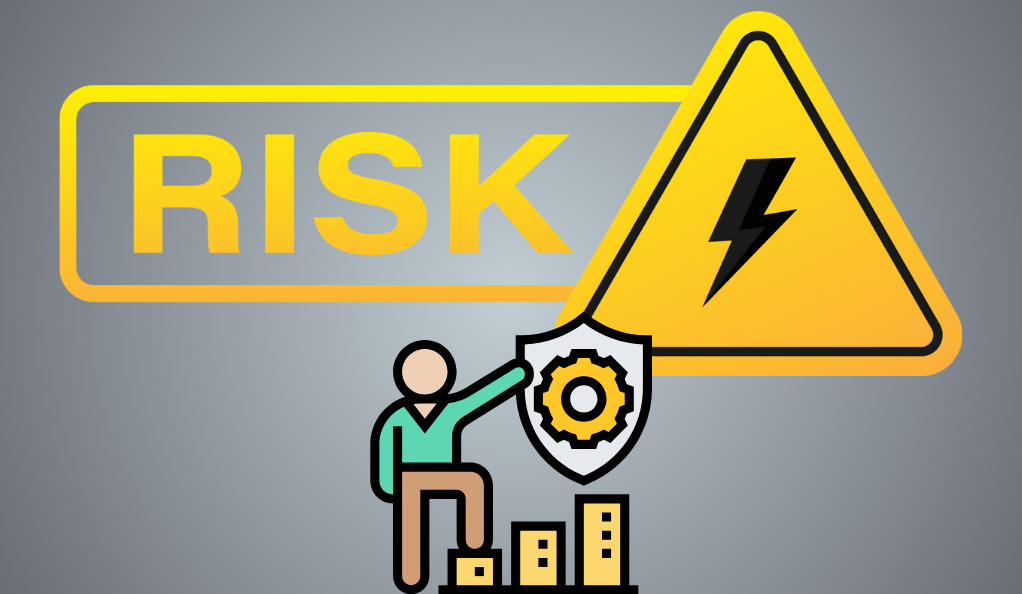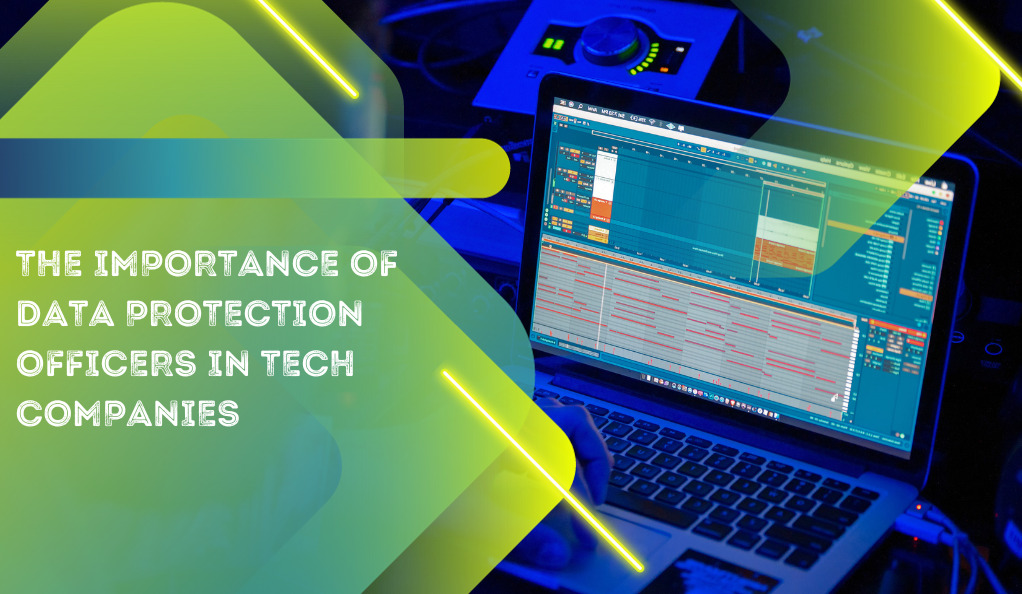In today’s digital age, the way we communicate has undergone a radical transformation. With the advent of smartphones and the internet, messaging apps have emerged as a dominant force, reshaping both personal and professional communication. While these apps offer unparalleled convenience, they also present a myriad of challenges, especially when it comes to compliance in the workplace. This section delves deep into the rise of messaging apps, their integration into the professional realm, and the delicate balance between convenience and compliance.
The Evolution of Communication

To understand the significance of messaging apps, it’s essential to trace back the evolution of communication. Traditional methods like letters and telegrams gave way to emails and SMS. However, with the proliferation of smartphones, apps like WhatsApp, Telegram, and Signal have become household names. Their instant nature, multimedia capabilities, and user-friendly interfaces have made them the preferred choice for many.
| Communication Method | Era | Features |
|---|---|---|
| Letters | Pre-1900s | Physical, Delayed delivery |
| Telegrams | 1900s-1950s | Quick, Short messages |
| Emails | 1980s-present | Digital, Multimedia attachments |
| SMS | 1990s-present | Instant, Limited characters |
| Messaging Apps | 2000s-present | Instant, Multimedia, End-to-end encryption |
Integration into the Professional Realm
While messaging apps were initially designed for personal use, their benefits didn’t go unnoticed by businesses. Companies across various sectors, from retail and healthcare to legal and finance, began to integrate these apps into their communication strategies. The reasons were clear:
- Speed: Instantaneous communication meant faster decision-making.
- Cost: Many of these apps are free or cost significantly less than traditional communication methods.
- Multimedia: The ability to send images, videos, and documents made collaboration easier.
However, this integration wasn’t without its challenges. The very features that made these apps popular also posed potential risks, especially when sensitive business information was at stake.
The Balance Between Convenience and Compliance
As messaging apps found their way into the workplace, so did the concerns about data security, privacy, and compliance. The end-to-end encryption, which is a hallmark of many popular messaging apps, while ensuring user privacy, also meant that businesses couldn’t monitor the data being shared. This posed significant compliance challenges, especially for industries bound by strict data protection regulations.
Moreover, the decentralized nature of these apps, where data resides on individual devices rather than a central server, further complicated matters. This decentralization made it difficult for businesses to enforce data retention policies, leading to potential compliance violations.
The Popularity of Messaging Apps in Various Industries
The rise of messaging apps is not just a trend; it’s a paradigm shift in the way businesses communicate. Their rapid adoption across various sectors underscores their significance. Let’s explore how different industries have embraced these platforms and the unique challenges they face.
Retail
In the retail sector, instant communication is paramount. Whether it’s coordinating shipments, discussing inventory levels, or addressing customer queries, speed is of the essence. Messaging apps, with their real-time communication capabilities, have become indispensable tools for retailers.
- Customer Service: Retailers use apps like WhatsApp Business to interact with customers, providing instant responses to queries, sharing product images, or confirming orders.
- Internal Coordination: Store managers and employees use these apps for day-to-day operations, from discussing stock levels to sharing daily sales reports.
However, this convenience comes with challenges. Sharing customer data over these platforms can lead to potential data breaches, especially if devices are lost or compromised.
Healthcare
The healthcare sector has seen a surge in the use of messaging apps, especially during times of crisis like the COVID-19 pandemic.
- Patient Communication: Doctors and healthcare professionals use messaging apps to provide medical consultations, share test results, or give medication reminders.
- Team Collaboration: Hospital staff use these platforms for internal communication, discussing patient cases, or coordinating shift schedules.
But with patient data being highly sensitive, any unauthorized access or data leak can have severe repercussions, both legally and ethically.
Legal
Legal professionals, given the sensitive nature of their work, require secure communication channels. While messaging apps offer convenience, they also pose significant risks.
- Client Communication: Lawyers often use these apps to discuss cases with clients, share legal documents, or provide updates.
- Internal Discussions: Law firms use messaging apps for internal discussions, brainstorming sessions, or strategy meetings.
The challenge here is the potential breach of attorney-client privilege if these communications are intercepted or accessed by unauthorized individuals.
Finance
The finance sector, with its emphasis on real-time data and quick decision-making, has found great utility in messaging apps.
- Client Interaction: Financial advisors use these platforms to provide investment updates, market news, or discuss portfolio strategies.
- Team Discussions: Bank employees and financial teams use messaging apps to discuss market trends, share reports, or coordinate on projects.
Data Security Concerns
The digital age, while bringing unprecedented convenience, has also ushered in a host of data security challenges. Messaging apps, being at the forefront of this digital revolution, are no exception. Their widespread use in professional settings has raised several data security alarms.
The Illusion of Security
Most popular messaging apps tout end-to-end encryption as their primary security feature. This means that only the sender and the receiver can read the message, and no one else, not even the app provider, can access its content. While this offers a semblance of security, it’s not foolproof.
- Backdoors: Some apps have been reported to contain backdoors, which can potentially allow unauthorized access.
- User Error: Often, data breaches occur not because of the app’s vulnerability but due to user errors like sharing sensitive information with the wrong contact or losing the device.
Lack of Oversight
Unlike enterprise communication tools, which often come with administrative oversight, consumer messaging apps operate in a decentralized manner.
- No Monitoring: Companies cannot monitor or archive the data shared on these apps, making it challenging to ensure compliance or detect breaches.
- Dependence on Third-party Security: Businesses have to rely on the app provider’s security protocols, which might not align with the company’s security standards.
Vulnerability to External Threats
Messaging apps are not immune to external threats like hacking or phishing.
- Phishing Scams: Users might receive malicious links through these apps, leading to data breaches when clicked.
- Man-in-the-Middle Attacks: If the encryption is compromised, hackers can intercept and alter messages.
Data Storage Concerns
While the messages are encrypted, the metadata (like sender, receiver, time stamps) often isn’t. This data, stored on servers, can be a potential goldmine for hackers.
- Cloud Storage: Some apps back up chats to cloud services, which, if not secured, can be a vulnerability point.
- Local Storage: Messages stored on devices can be accessed if the device is compromised.
GDPR and Other Privacy Law Implications

The integration of messaging apps into the professional realm has not only raised data security concerns but has also brought to light significant legal and compliance challenges. Among these, the General Data Protection Regulation (GDPR) stands out as a primary concern for businesses operating within or dealing with European Union citizens.
Understanding GDPR
GDPR, which came into effect in May 2018, is a regulation in EU law that focuses on data protection and privacy. It aims to give individuals control over their personal data and to simplify the regulatory environment for international businesses.
- Personal Data: Under GDPR, personal data refers to any information relating to an individual, whether it relates to their private, professional, or public life. It can be anything from a name, a photo, an email address, bank details, or even a computer IP address.
- Data Controllers and Processors: GDPR introduces specific responsibilities for entities that control and process data. Messaging apps, when used in a business context, can often act as data processors, thereby incurring specific obligations.
Messaging Apps and GDPR Violations
The decentralized nature of messaging apps poses significant GDPR compliance challenges.
- Lack of Centralized Data Management: Many messaging apps access contact data in users’ mobile address books. The app providers’ terms often place the burden on users to obtain consent from their contacts for this data sharing. This decentralized data access and storage can lead to potential GDPR violations.
- Data Erasure Requests: GDPR grants individuals the “right to be forgotten,” meaning they can request their data to be deleted. Given the scattered nature of data on messaging apps, ensuring complete data erasure becomes a challenge.
Other Privacy Laws
While GDPR is the most prominent, several other jurisdictions have their own data protection regulations that businesses need to be wary of.
- California Consumer Privacy Act (CCPA): This act grants California consumers robust data privacy rights and control over their personal information.
- Personal Data Protection Act (PDPA) in Singapore: This act governs the collection, use, and disclosure of personal data by private organizations.
Each of these regulations has its own set of requirements and penalties for non-compliance, making it imperative for businesses to be well-informed and proactive.
Potential Repercussions
Non-compliance with GDPR and other privacy laws can lead to severe consequences for businesses.
- Hefty Fines: Under GDPR, non-compliant organizations can be fined up to 4% of their annual global turnover or €20 Million, whichever is higher.
- Reputational Damage: Beyond the financial penalties, data breaches and non-compliance can lead to significant reputational harm, affecting customer trust and future business prospects.
Spoliation and Adverse Inferences
Beyond the direct data security and privacy concerns, the use of messaging apps in professional settings introduces another layer of complexity: the potential for spoliation and the resulting adverse inferences. Understanding these terms and their implications is crucial for businesses aiming to maintain both their legal and ethical standing.
What is Spoliation?
Spoliation refers to the intentional, reckless, or negligent withholding, hiding, altering, or destroying of evidence relevant to a legal proceeding. In the context of messaging apps:
- Message Deletion: Users might delete messages, either intentionally or accidentally, that could be pertinent to a legal case.
- Lack of Archival: Unlike formal communication tools, many messaging apps don’t have built-in archival systems, leading to potential loss of evidence over time.
Adverse Inferences from Spoliation
When spoliation is suspected or proven, courts can draw adverse inferences. This means that they can assume that the lost or destroyed evidence was unfavorable to the party responsible for its spoliation.
For businesses, this can have severe repercussions:
- Legal Penalties: A court might impose fines or sanctions on the party found guilty of spoliation.
- Loss of Legal Standing: In a lawsuit, the party facing adverse inferences might find their position significantly weakened, potentially leading to unfavorable judgments.
Real-world Implications
Consider a hypothetical scenario: A company is sued for breach of contract, and relevant communications that occurred over a messaging app are requested for discovery. If the company fails to produce these messages because they were deleted or not archived, they could face allegations of spoliation. The court might then assume that these messages contained evidence unfavorable to the company, leading to adverse inferences that could sway the case’s outcome.
Mitigating the Risks
To avoid the pitfalls of spoliation and adverse inferences, businesses can:
- Implement Archival Solutions: Use enterprise-grade messaging apps that come with built-in archival solutions or integrate third-party tools to archive communications.
- Clear Communication Policies: Establish and enforce policies about message retention and deletion. Employees should be educated about the importance of preserving communications, especially those that might be relevant to legal matters.
- Regular Audits: Periodically review and audit messaging app usage to ensure compliance with internal policies and external regulations.
Strategies to Mitigate Risks

Given the myriad challenges posed by the use of messaging apps in professional settings, it’s imperative for businesses to adopt robust strategies to mitigate potential risks. These strategies should strike a balance between leveraging the convenience of messaging apps and ensuring data security, compliance, and legal protection.
Proactive Policy Implementation
- Acceptable Use Policies: Clearly define what constitutes acceptable and unacceptable use of messaging apps. For instance, non-substantive communications like scheduling might be allowed, while discussions about confidential business strategies might be prohibited.
- Regular Policy Updates: As messaging apps evolve and new challenges emerge, regularly update policies to reflect the changing landscape.
Employee Training and Awareness
- Initial Onboarding: Introduce employees to the company’s messaging app policies during their onboarding process.
- Ongoing Training: Conduct periodic training sessions to refresh employees’ knowledge and inform them of any policy changes.
- Scenario-based Training: Use real-world scenarios to help employees understand the implications of non-compliance.
Technical Solutions
- Enterprise-grade Messaging Apps: Consider using messaging apps designed specifically for businesses, which often come with enhanced security features and administrative controls.
- Data Loss Prevention (DLP) Tools: Integrate DLP tools to monitor and control data transfers over messaging apps.
- Archival and Backup Solutions: Ensure all communications are archived and backed up regularly to prevent data loss and to respond effectively to legal requests.
Regular Audits and Monitoring
- Usage Audits: Periodically review how employees are using messaging apps to ensure compliance with company policies.
- Data Flow Analysis: Monitor the flow of data to detect any unusual or unauthorized transfers, which could indicate a breach or non-compliance.
Legal and Compliance Team Involvement
- Legal Oversight: Involve the legal team in drafting and updating messaging app policies to ensure they align with current laws and regulations.
- Compliance Checks: Regularly consult with the compliance team to ensure that the use of messaging apps doesn’t violate any industry-specific regulations.
Vendor Collaboration
- Vendor Vetting: Before adopting a messaging app, thoroughly vet the vendor for their security protocols, compliance certifications, and track record.
- Collaborative Solutions: Work closely with vendors to develop solutions tailored to your business’s unique needs. Some vendors offer bespoke solutions that can address specific challenges.
Vendor Solutions and Centralized Data Management
The rapid adoption of messaging apps in the professional sphere has spurred tech vendors to develop solutions tailored to the unique needs of businesses. Centralized data management, in particular, has emerged as a focal point, addressing many of the challenges associated with decentralized consumer messaging apps.
The Need for Centralized Data Management
- Unified Oversight: Centralized data management allows businesses to have a unified view of all communications, making monitoring and compliance checks more efficient.
- Data Retrieval: In the event of legal proceedings or audits, centralized storage ensures that all relevant data can be quickly and easily retrieved.
- Enhanced Security: Central repositories can be fortified with advanced security measures, reducing the risk of data breaches.
Vendor-Driven Solutions
Several tech vendors have recognized the challenges posed by messaging apps and have developed solutions tailored to businesses.
- Enterprise Messaging Platforms: Apps like Slack, Microsoft Teams, and Cisco Webex Teams are designed with businesses in mind. They offer enhanced security, administrative controls, and integration capabilities.
- Archival and Backup Solutions: Vendors like Smarsh and Global Relay offer solutions that archive communications across multiple platforms, ensuring data preservation and compliance.
- Data Loss Prevention (DLP) Integrations: Solutions that integrate with DLP tools to monitor and control data flow across messaging platforms.
Benefits of Partnering with App Providers
- Custom Solutions: Many app providers offer bespoke solutions tailored to a business’s unique needs, addressing industry-specific challenges.
- Continuous Updates: Partnering with a dedicated vendor ensures that the messaging solution remains updated with the latest security patches and compliance measures.
- Training and Support: Vendors often provide training sessions for employees and IT teams, ensuring optimal usage and troubleshooting support.
The Future of Vendor Solutions
As the digital landscape evolves, vendor solutions will need to adapt to address emerging challenges.
- AI and Machine Learning: Future solutions might leverage AI to detect non-compliance or security threats in real-time.
- Blockchain for Data Integrity: Blockchain technology could be used to ensure data integrity, with immutable records of all communications.
- Enhanced Integration Capabilities: As businesses use a myriad of digital tools, seamless integration between messaging apps and other platforms will become crucial.
Conclusion: Navigating the Digital Communication Landscape
The rise of messaging apps has revolutionized business communication, offering both opportunities and challenges. As businesses integrate these platforms, they must be aware of the associated risks, from data security to legal compliance.
Key Takeaways:
- Informed Choices: Understand the features and risks of any messaging app before integrating it into business operations.
- Stay Proactive: Implement policies, conduct training, and stay updated with digital communication trends and regulations.
- Use Tech Solutions: Partner with tech vendors to address challenges and leverage the latest solutions.
- Adapt and Evolve: The digital landscape is ever-changing. Businesses must be flexible and ready to adapt to new platforms and challenges.
In summary, while messaging apps offer immense benefits, they come with their set of challenges. With the right strategies and a proactive approach, businesses can harness their power effectively while ensuring security and compliance.








